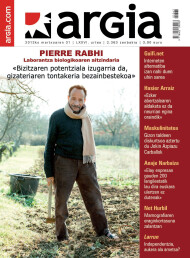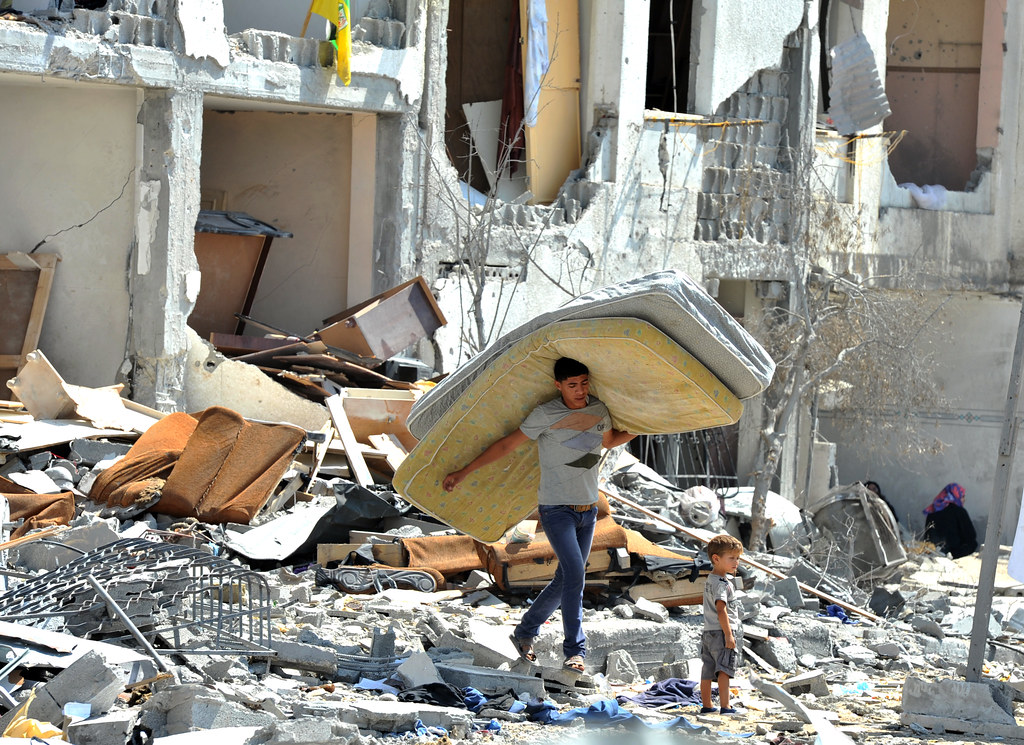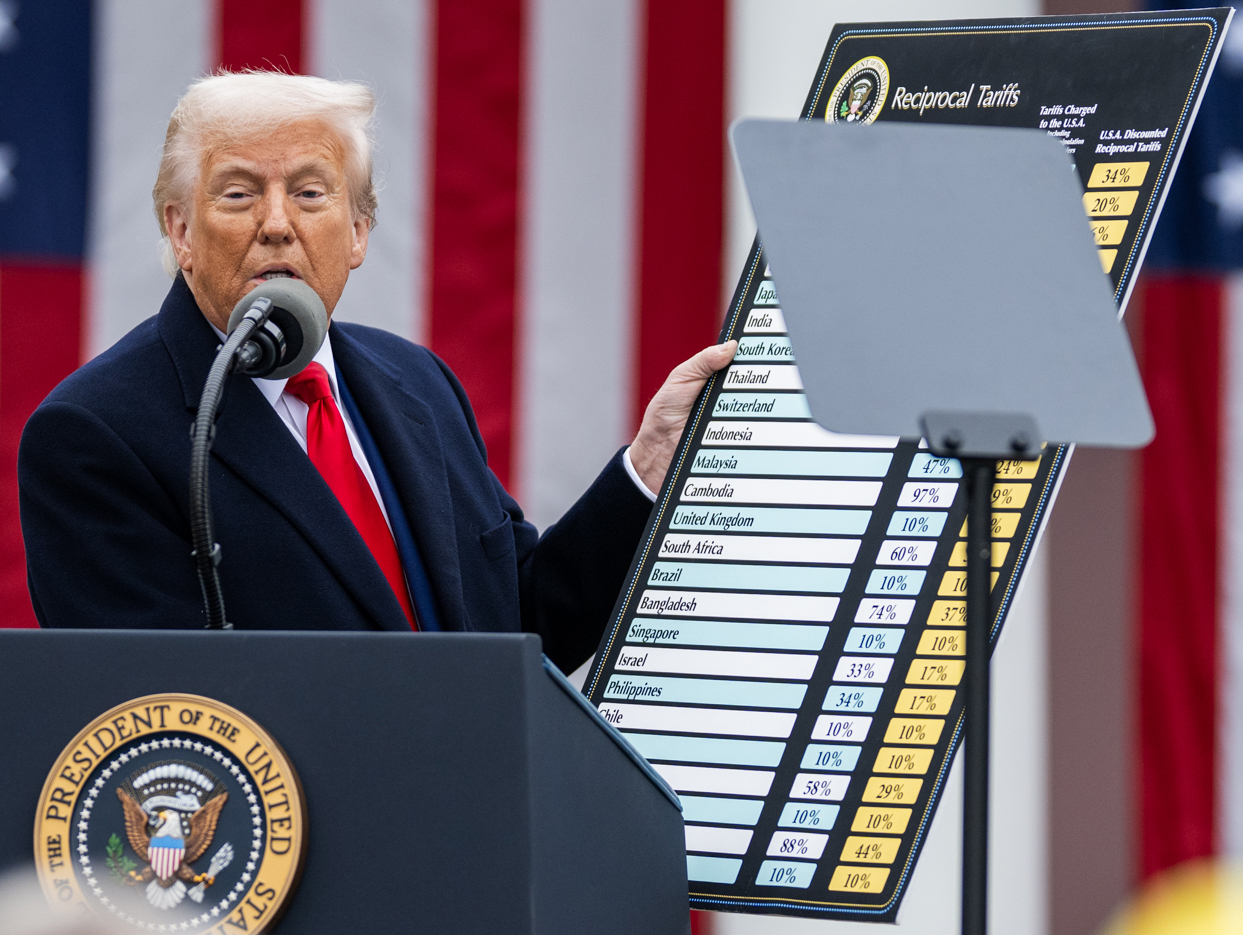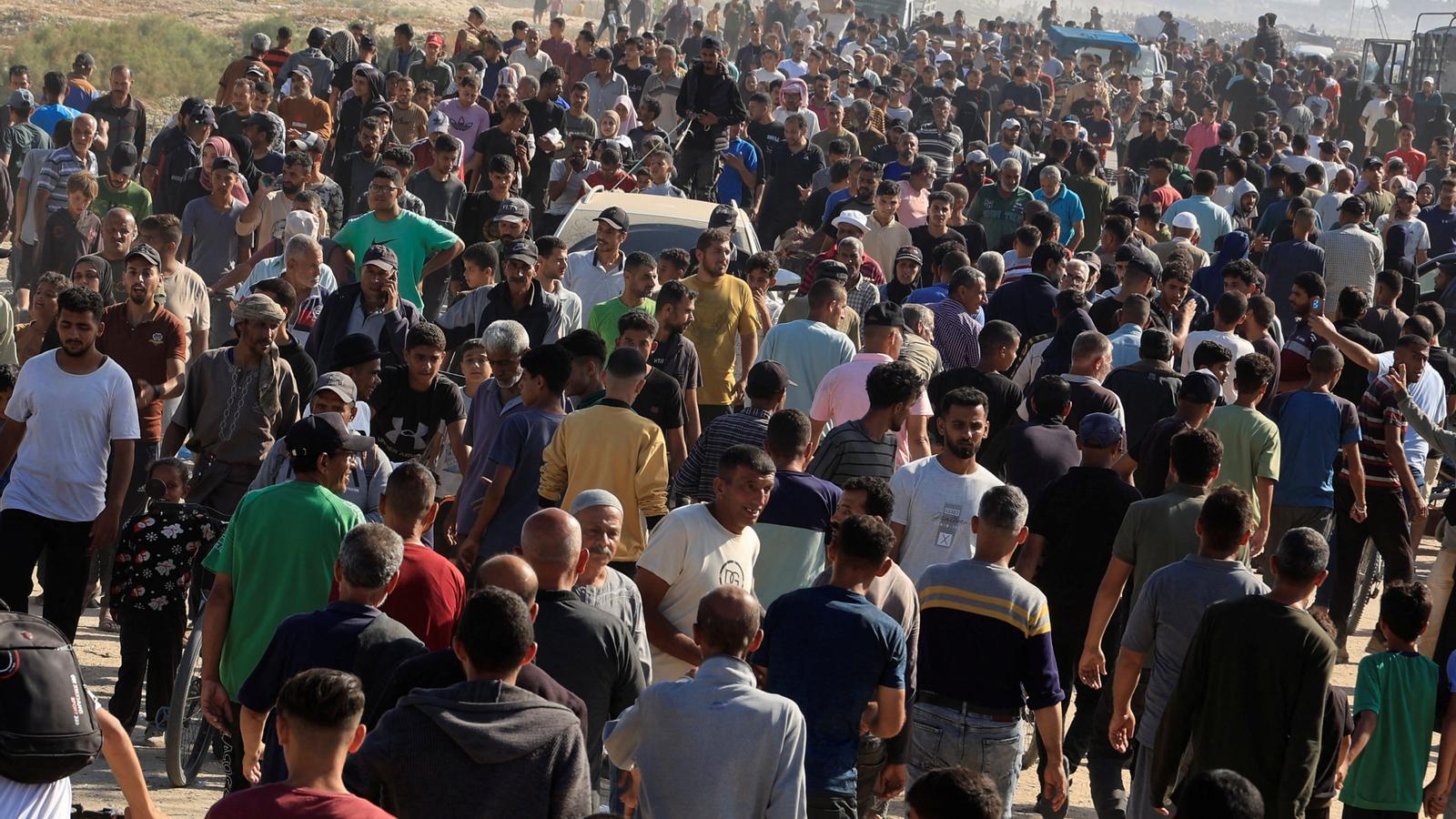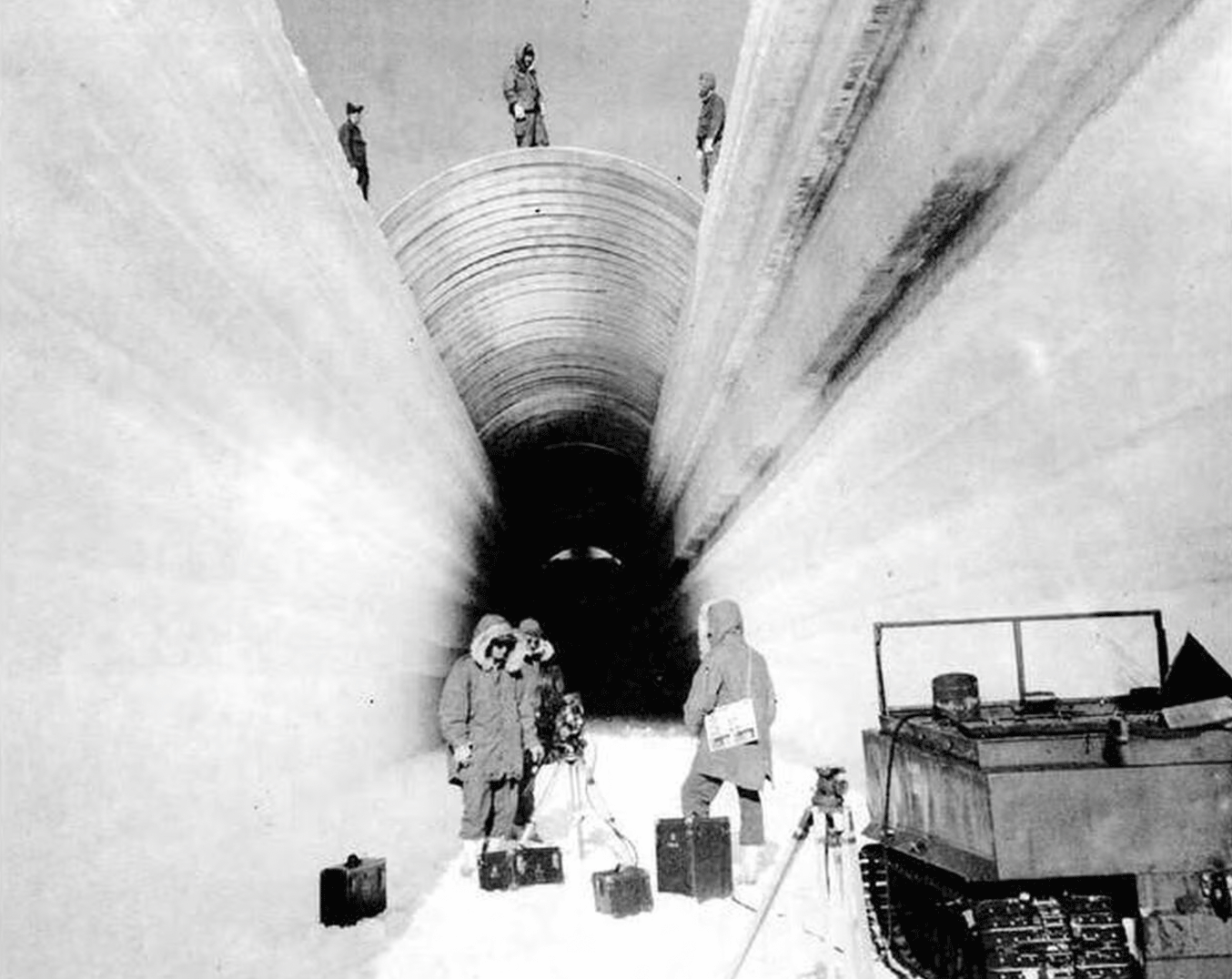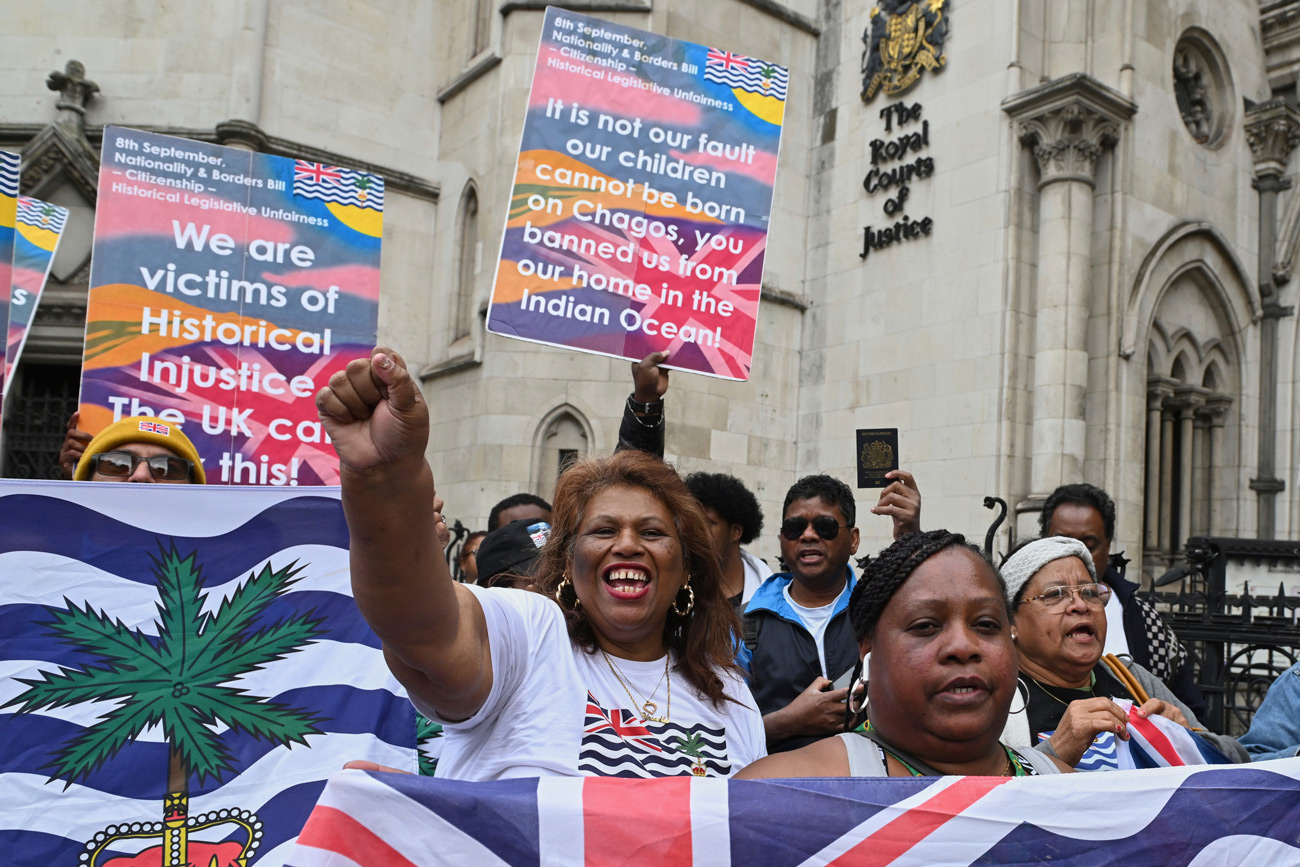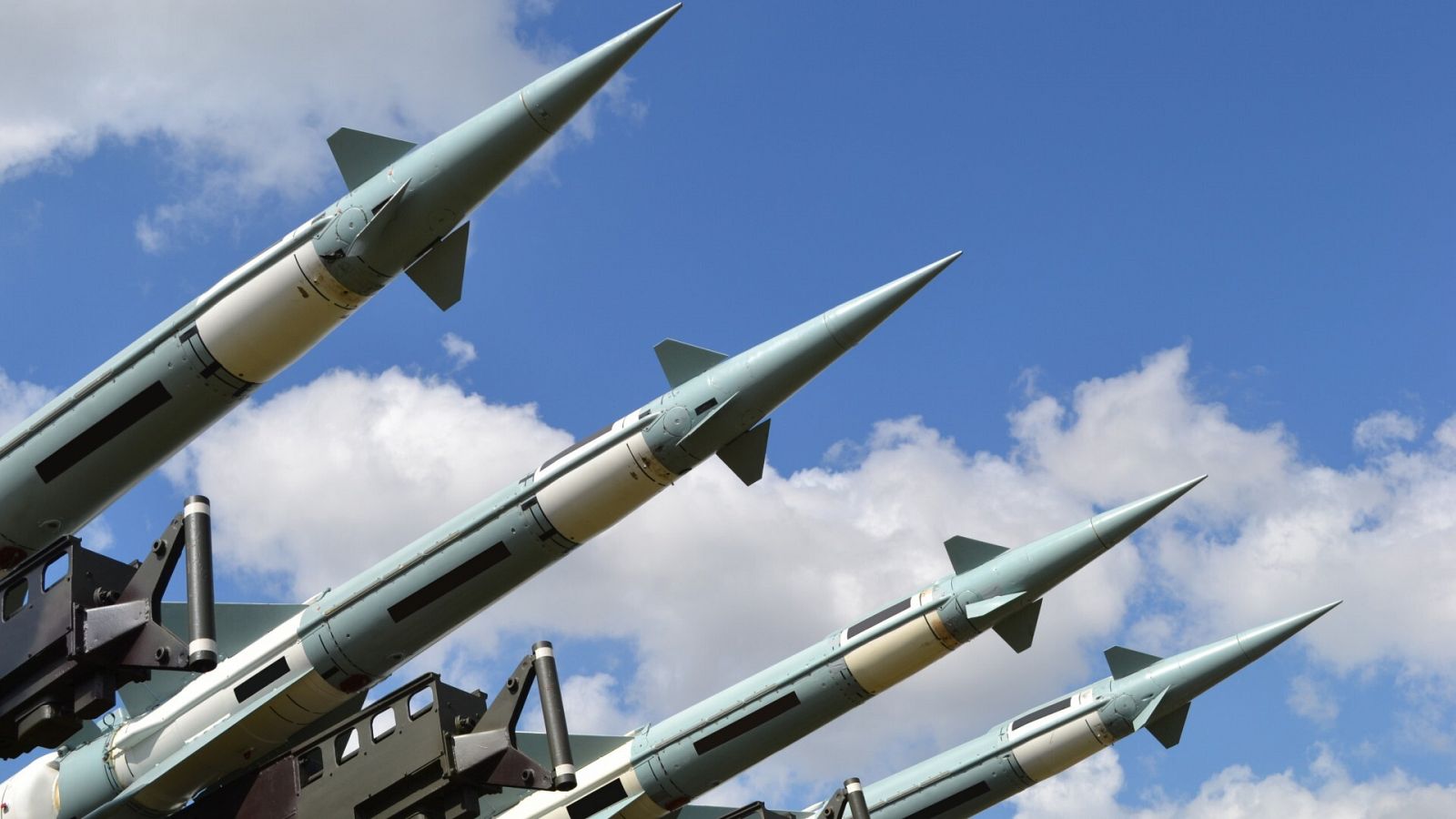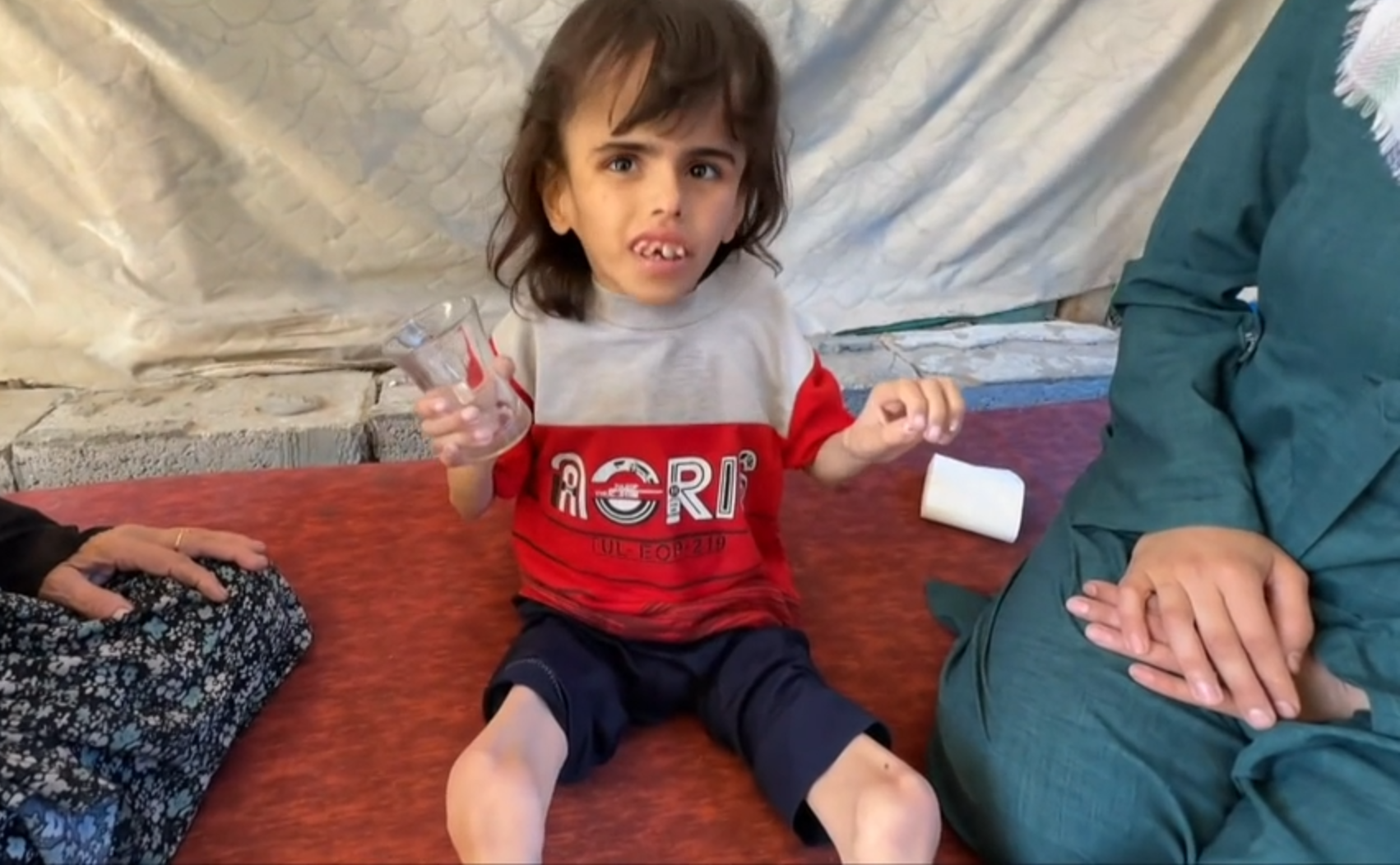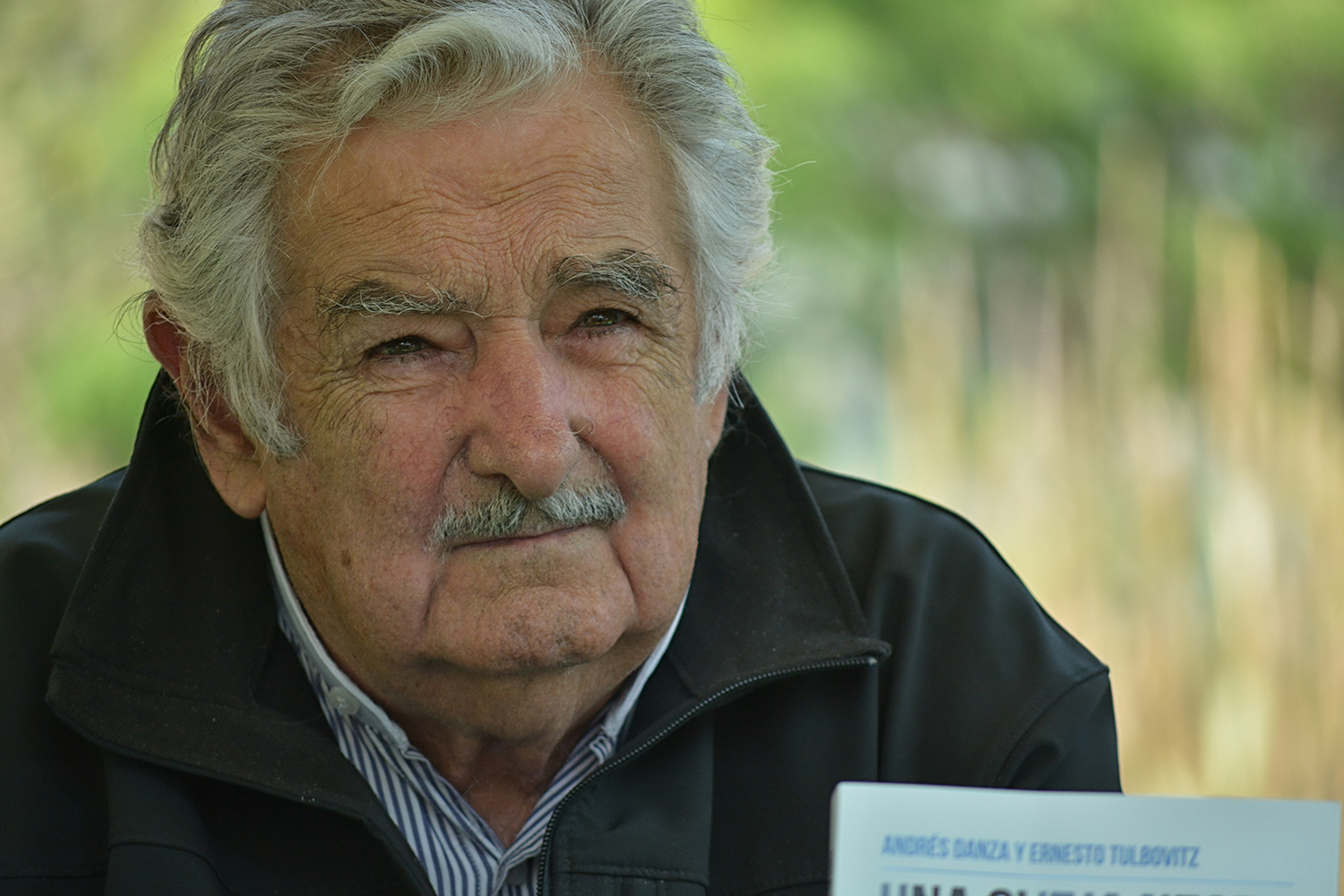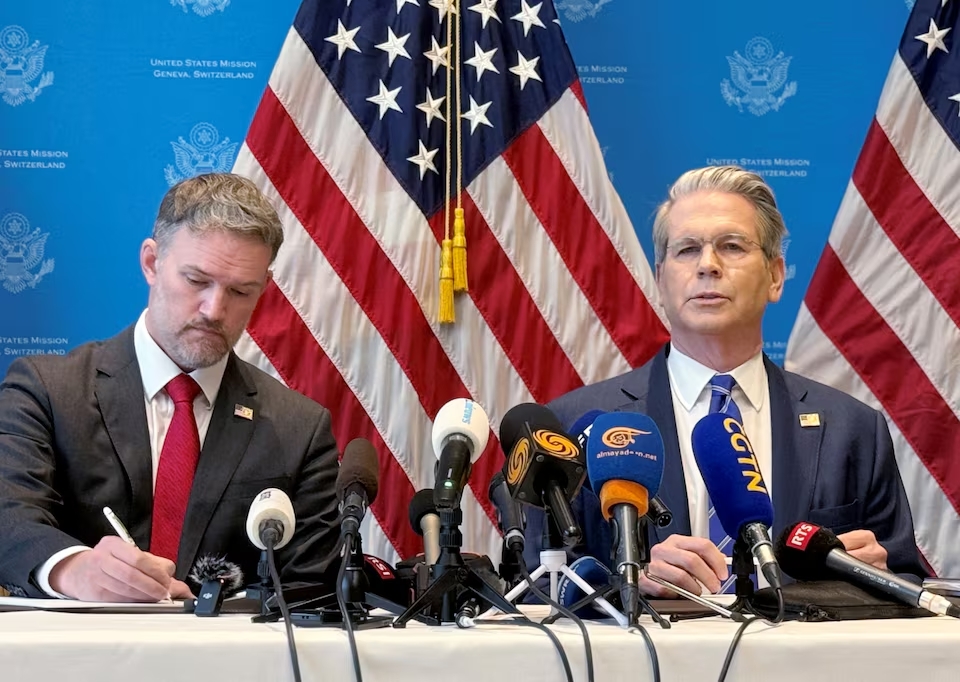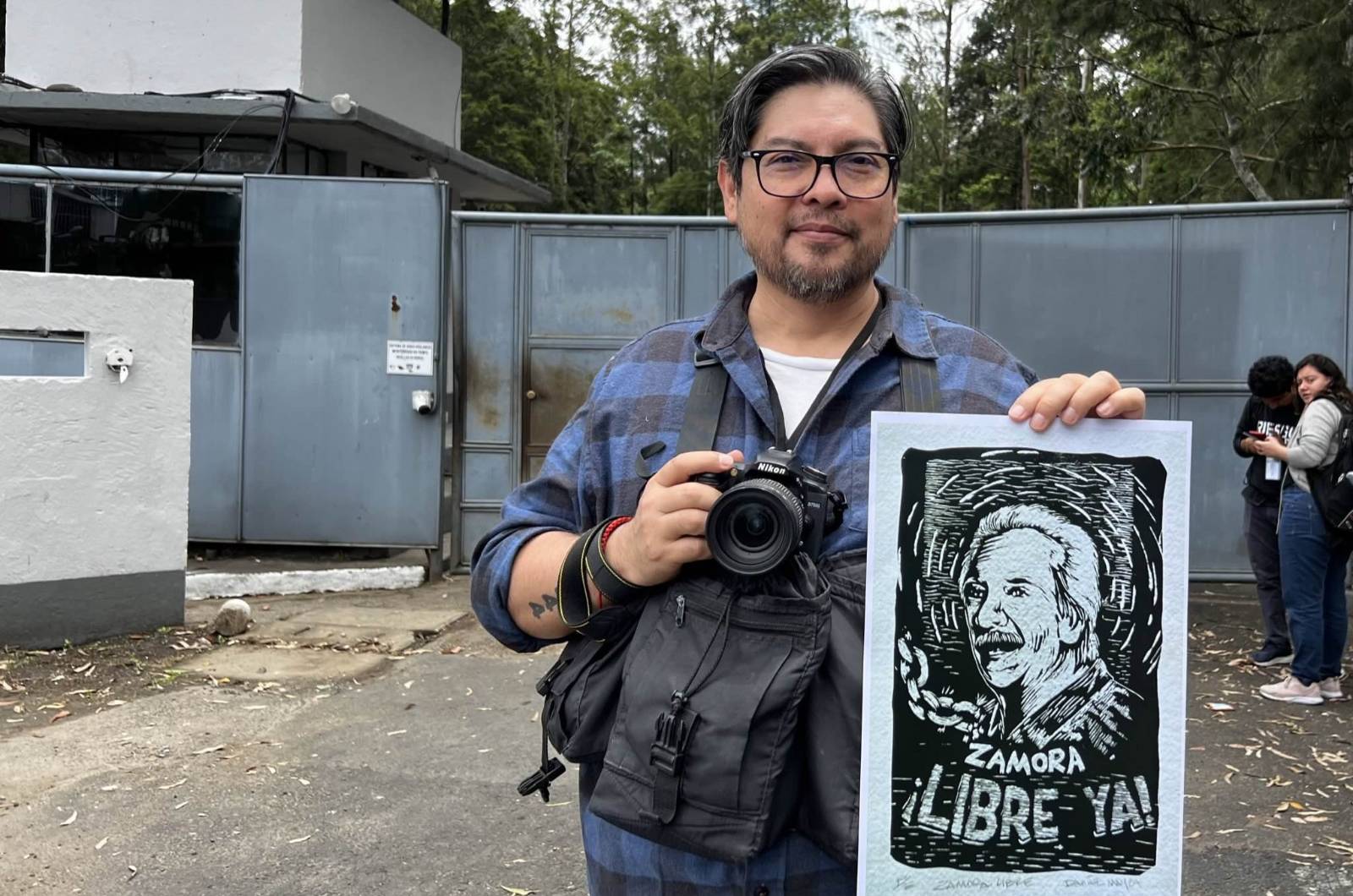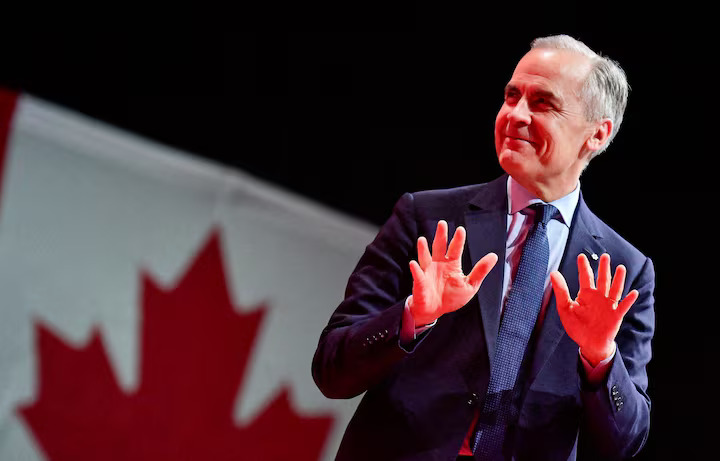The death of Hugo Chávez and the future of Venezuela
I do not know Venezuela in person, but I found the evolution of this country very attractive in recent years. I am saddened by the death of President Hugo Chávez, because he fulfilled his commitment to his country and gave real hope to people who until then had no voice. The images we have seen these days clearly show that it was a simple people and that, on the contrary, it was hated by others. Well, analyzing the causes of that love and hatred is absolutely impossible in order to be able to value your policy.
Chávez won the elections in 1999 for the first time, and since then, one after the other, the international observers did not find any irregularity in the matter. It is true that at first, in 1992, he gave a military coup d'état, but he was condemned and then tried very successfully through the path of formal democracy. There is therefore no excuse in this respect.
In the process promoted by Chávez, as in other political processes, errors and limitations can of course be found. But its achievements are many more: reducing poverty, putting public services and power at the service of the people and, finally, promoting a new political movement in America.
Chavez's social policy has been clear and courageous: first, it has made an independent policy, both with the multinationals and with the United States, which has made the wealth obtained from oil, until then for privileged people and groups, invested in social programs, organizing the food market in the State itself, distributing cash benefits to poor families and guaranteeing free health and education.
Concrete data can be cited: In 1999, poor families were 42% and today, 26%. Extremely poor families: 17% and now 7%. Food consumption per person per year stood at 420 kilos in 1999 and at present at 511 kilos. There has also been a marked change in education: two million people who could not read or write have been literate; in pre-school, in 1999, 43% of children had attended school and today, 71%. In high school, 48% of elementary school students and now 74%. At the University, Venezuela is the second country in the area of Latin America and the Caribbean, behind Cuba; the number of teachers has risen 170% and 934,688 laptops were distributed in 2011; however, the investment has increased by 3.879% since 1999 and by 2.3% of GDP; the number of pensioners has also increased by 484%, and then the population received a pension of 4.0%.
But the most noteworthy are not only the data of the micro-economy, but also in the macro-economy Venezuela has made enormous progress (in relation to GDP): The public debt to President Carlos Andrés Pérez was 65.8%, to President Rafael Caldera 49.8% and to Chávez 28.8%, once the aforementioned services were guaranteed. Agricultural production has grown by 97%; the unemployment rate has risen from 15.2% in 1999 to 9.2% today; from latifundium 54% of land has been recovered for small owners.
It is no wonder, then, that the richest people and groups hate President Chavez, who has not brought any benefit to his policy, because he has not promoted a large private business project. That's why he's faced, that's why they hate him and they won't forgive him for his committed career.
The Venezuelan people have had a great opportunity with Chávez. I hope that from now on the people will take their witness and follow the path that he has opened.
Thank you very much, President Chávez.
The facial tattoos of a mummy discovered a century ago in Peru have just been studied. She is a female mummy and is about 800 years old.Experts do not know the function of these tattoos, but they emphasize that they are very special.
On the one hand, facial tattoos, especially... [+]
Between January and May 2015, after finishing my studies at the age of 25, my friend Irati Astobieta and I toured Chile, Argentina and Uruguay as part of the Calabazan Wandering Project. Using the poetic tool of whispered poetry, we gave Basque poems from mouth to ear in the... [+]
Professor Jeffrey Sachs of Columbia University is interviewed by Yanis Varoufakis on the DiEM25 movement’s YouTube channel. This explains that in international politics the United States of America plays poker, Russia plays chess and the Chinese play Go. The latter was... [+]
In 2025, at least one journalist was murdered in Guatemala and another disappeared. It is dangerous to do journalistic work in this country, and so has Reporters Without Borders, in the World Press Freedom Classification 2025, published on May 2. Guatemala ranks 138th out of 180... [+]







